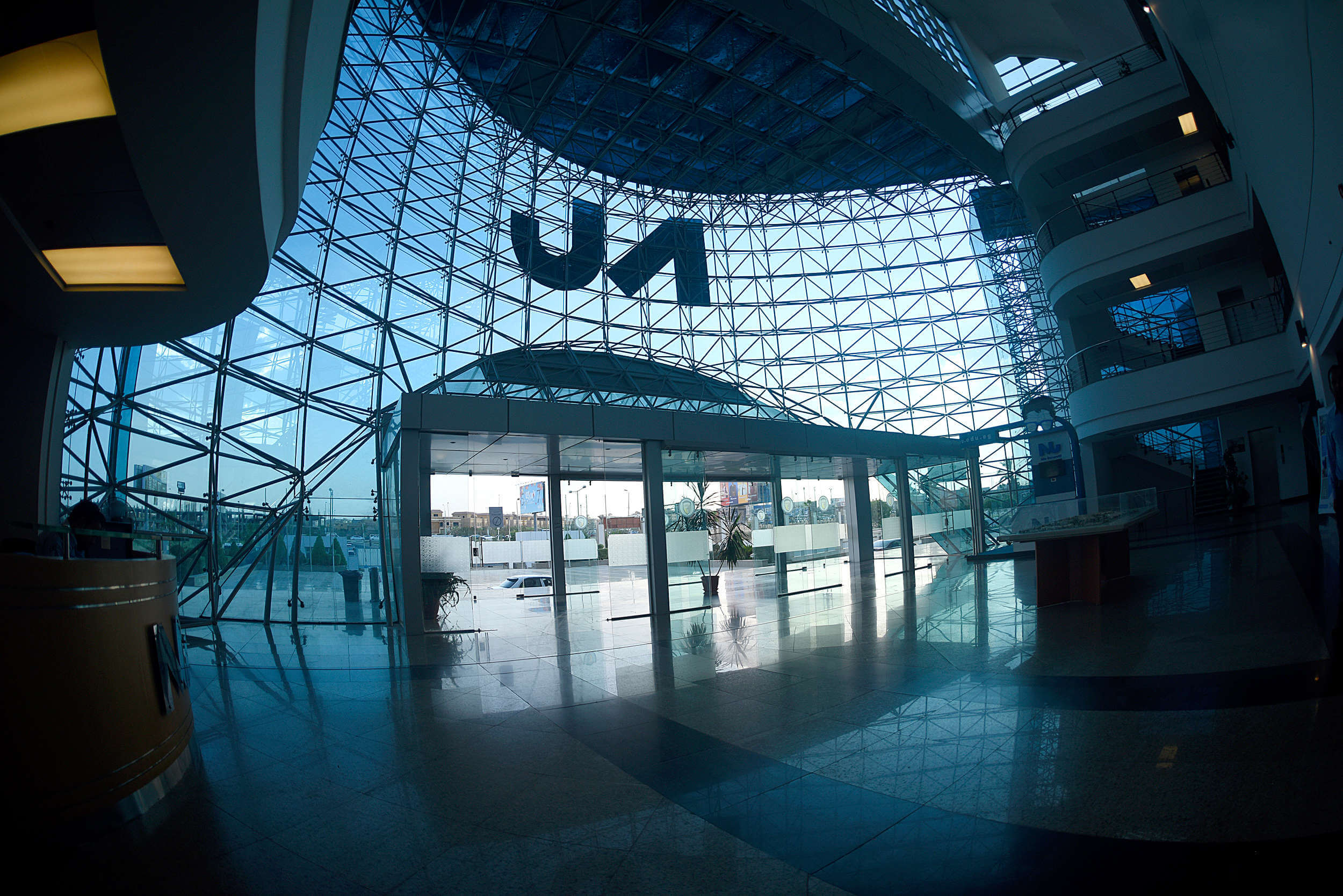Courses
Mechatronics System Design I,
This course covers Microcontrollers and Mechatronic Systems, focusing on hardware-software integration and system design. Microcontroller Section: Explores microcontroller architecture, programming, memory organization, I/O configurations, and interrupt handling. Students will also study timers, ADC, and CCP modules for precise embedded system control. Mechatronic Systems Section: Introduces
MNG 511
Automation and Control I
This course covers Mathematics and Control Systems, providing a strong foundation for engineering problem-solving and automation. Mathematics Section: Focuses on linear algebra, advanced matrix algebra, vector calculus, eigenvalues, and eigenvectors, essential for analyzing control and automation problems. Control Systems Section: Covers feedback analysis, stability assessment, PID control, system
MNG 512
Mechanical Design and Manufacturing I
This course covers Design, Material Strength, and Manufacturing Processes, providing students with essential knowledge for mechanical system development in mechatronics. Design Section: Explores mechanical analysis, kinematic design, and component selection, focusing on bearings, rollers, turntables, linear guides, couplings, and shaft systems. Material Strength Section: Examines 3D stress
MNG 513
Key Qualifications I
This research seminar explores fundamental and emerging topics in mechatronics and automation, enhancing students’ ability to analyze and present state-of-the-art research. Instructor-Guided Topics: A curated list of current research areas will be explored through papers, case studies, and discussions. Student Research & Presentation: Students will conduct literature reviews, evaluate findings
MNG 514
Mechatronics System Design II
This course provides an in-depth study of electrical, hydraulic, and pneumatic actuators and their control systems, focusing on analysis, design, and integration in mechatronic applications. Electrical Actuation & Drives: Covers magnetic circuits, AC/DC machines, power electronics, and gears, emphasizing motor efficiency and control strategies. Hydraulic & Pneumatic Actuation: Explores fluid power
MNG 611
Automation and Control II
This course covers static optimization, optimal control, adaptive control, and system identification, emphasizing C++ implementation for practical applications. Static Optimization: Introduces calculus-based optimization techniques and numerical methods. Optimal Control: Covers LQR (continuous & discrete), LQG, and H₂/H∞ robust control for stability and performance. Adaptive Control & System
MNG 612
Mechanical Design and Manufacturing II,
This course covers Non-Traditional Machining and Computer-Aided Design (CAD), providing a deep understanding of advanced manufacturing techniques and digital design tools. Non-Traditional Machining: Focuses on USM, AJM, ECM, CHM, EDM, PAM, and LBM, analyzing their working principles, process characteristics, and effects on material properties. Computer-Aided Design (CAD): Covers virtual modeling
MNG 613
Key Qualifications II
This seminar explores robotics and bio-mechatronics, focusing on advancements and emerging trends. The lecturer provides a curated list of research topics examined through papers, case studies, and discussions. Students conduct literature reviews, critically analyze topics, and present findings on key developments and future directions. Guest speakers from academia and industry may share insights
MNG 614
Key Qualifications III
This seminar explores Micro-Robotics and MEMS/NEMS, focusing on recent advancements in design, fabrication, and applications. The lecturer presents selected research topics, while students conduct literature reviews, analyze findings, and deliver structured presentations. Discussions cover micro-actuators, sensors, and integrated systems in robotics and automation. Guest speakers from academia and
MNG 621
Advanced Robotics Systems
This course provides a comprehensive study of robotic systems, covering mechanisms, kinematics, dynamics, control, and programming. Robot Mechanisms & Actuation: Covers end-effectors, actuators, drives, and sensors essential for robotic movement. Kinematics & Dynamics: Explores forward/inverse kinematics, Jacobian analysis, acceleration, inertia, and trajectory planning for robot manipulators
MNG 622
Machine Learning Algorithms
This course introduces statistical machine learning, covering key concepts and algorithmic foundations. Core Topics: Includes dimensionality reduction, overfitting, ensemble learning, and evaluation techniques. Algorithms: Covers clustering (K-Means), classification (SVM, Decision Trees, Neural Networks), and regression (Linear & Logistic Regression). Implementation: Students will perform
MNG 623
Sensors, Actuators and PLC
This course covers sensors, actuators, and Programmable Logic Controllers (PLCs), essential for automation and control systems. Sensors: Focuses on position, velocity, and force measurement, including LVDTs, encoders, RTDs, thermocouples, capacitive, piezoelectric, and pressure sensors. Actuators: Explores electric actuators, power electronics, hydraulic and pneumatic actuators for motion control
MNG 631
Embedded System interfacing and Programming
This course covers sensors, actuators, and Programmable Logic Controllers (PLCs), essential for automation and control systems. Sensors: Focuses on position, velocity, and force measurement, including LVDTs, encoders, RTDs, thermocouples, capacitive, piezoelectric, and pressure sensors. Actuators: Explores electric actuators, power electronics, hydraulic and pneumatic actuators for motion control
MNG 632
Object Oriented Programming
This course introduces Object-Oriented Programming (OOP) principles and their application in Java development. Core Concepts: Covers objects, classes, encapsulation, and abstraction as fundamental OOP principles. Advanced Topics: Explores inheritance, polymorphism, and generic programming for scalable software design. Java Implementation: Focuses on class structures, object interactions, and
MNG 633
Autonomous Robotic Systems
Enhanced Course Description This course explores autonomous and mobile robots, focusing on locomotion, control, perception, and navigation. Locomotion & Kinematics: Covers degrees of mobility, non-holonomic constraints, and wheeled robot dynamics. Control & Planning: Examines trajectory generation, navigation algorithms, and control architecture such as subsumption, potential fields, and
MNG 634
Robotics and Computer Vision
This course focuses on robotic system design and machine vision, integrating sensors, actuators, and control systems. Robotic System Development: Covers kinematics, dynamics, and embedded control for robotic structures. Machine Vision: Introduces image processing, vision-based control, and simulation techniques. System Integration: Students design, implement, and integrate robotics and vision
MNG 635

